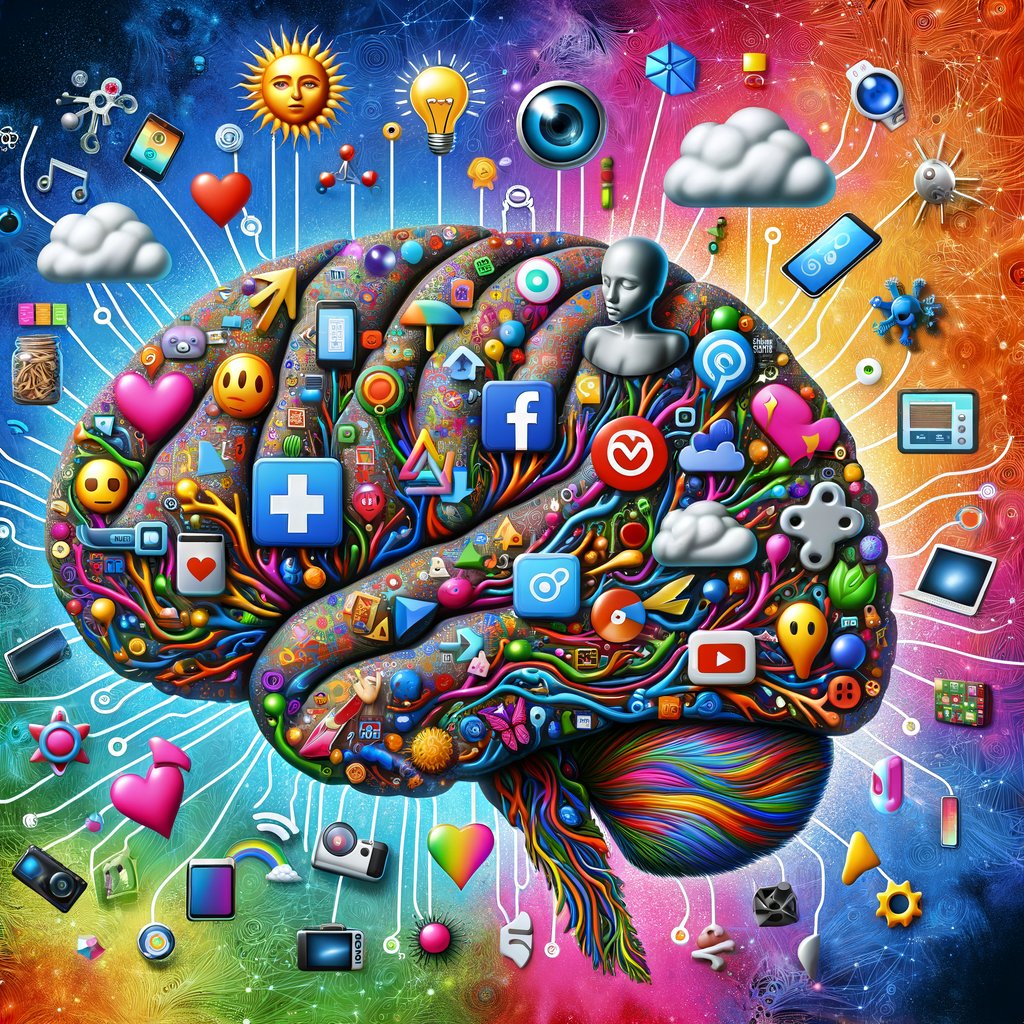Physical Address
304 North Cardinal St.
Dorchester Center, MA 02124
Physical Address
304 North Cardinal St.
Dorchester Center, MA 02124

As we journey through the digital age, we find ourselves in a world that is increasingly connected, yet paradoxically, more isolating than ever before. The generation most affected by this dichotomy is Generation Z—those born from 1997 onwards—who have grown up with smartphones as appendages and social media as their playgrounds.
The digital culture has both positive and negative impacts on mental health. On one hand, it allows for instant communication and access to a wealth of information. It provides platforms for self-expression, activism, and community building. However, it also opens doors to cyberbullying, comparison culture, excessive screen time, and a constant barrage of often distressing news.
The pressure to maintain an online presence can lead to anxiety and depression. There’s also the issue of “FOMO” (Fear Of Missing Out)—the anxiety that arises when you feel others are having rewarding experiences from which you’re absent. Studies have shown that high levels of social media use can increase feelings of loneliness and decrease life satisfaction among young people.
So how can Gen Z navigate this digital landscape while maintaining their mental health? Here are some strategies:
It’s important to remember that what we see on social media isn’t always representative of reality—it’s often a curated highlight reel. Try not to compare your behind-the-scenes with someone else’s showreel. If necessary, limit your time spent on these platforms or take regular breaks.
Consider taking regular digital detoxes—a period of time during which you refrain from using electronic devices. This can help reduce feelings of anxiety, improve sleep, and promote better real-life social interactions.
The digital age also provides access to mental health resources that were previously unavailable or hard to reach. Online therapy platforms offer a range of services, from counselling to cognitive behavioural therapy, and are often more accessible and affordable than traditional therapy.
There are countless apps designed to support mental health—from meditation apps like Headspace to mood tracking apps like Moodpath. These tools can be helpful in managing stress, improving sleep, or simply providing a space for self-reflection.
As we continue to navigate the digital age, it’s crucial that we advocate for greater awareness around the impact of digital culture on mental health. Schools should incorporate digital literacy into their curriculums—teaching students how to use technology responsibly and understand its potential impacts on their wellbeing.
We must also push for transparency from tech companies about how their platforms can affect users’ mental health. We need more research into the long-term effects of growing up in an era dominated by screens and online interactions.
The digital age is here to stay. As such, it’s vital that Generation Z—and indeed all generations—learn how to navigate this new landscape without compromising their mental health. It’s about finding balance: embracing the opportunities that technology affords us while being mindful of its potential pitfalls; seeking connection in both virtual and physical spaces; prioritising self-care even when the online world never sleeps.
In navigating the digital age, remember that it’s okay to disconnect sometimes. Your mental health is worth more than likes, shares, or retweets. And remember—you’re never alone in this journey. Reach out, speak up, and let’s navigate the digital age together.